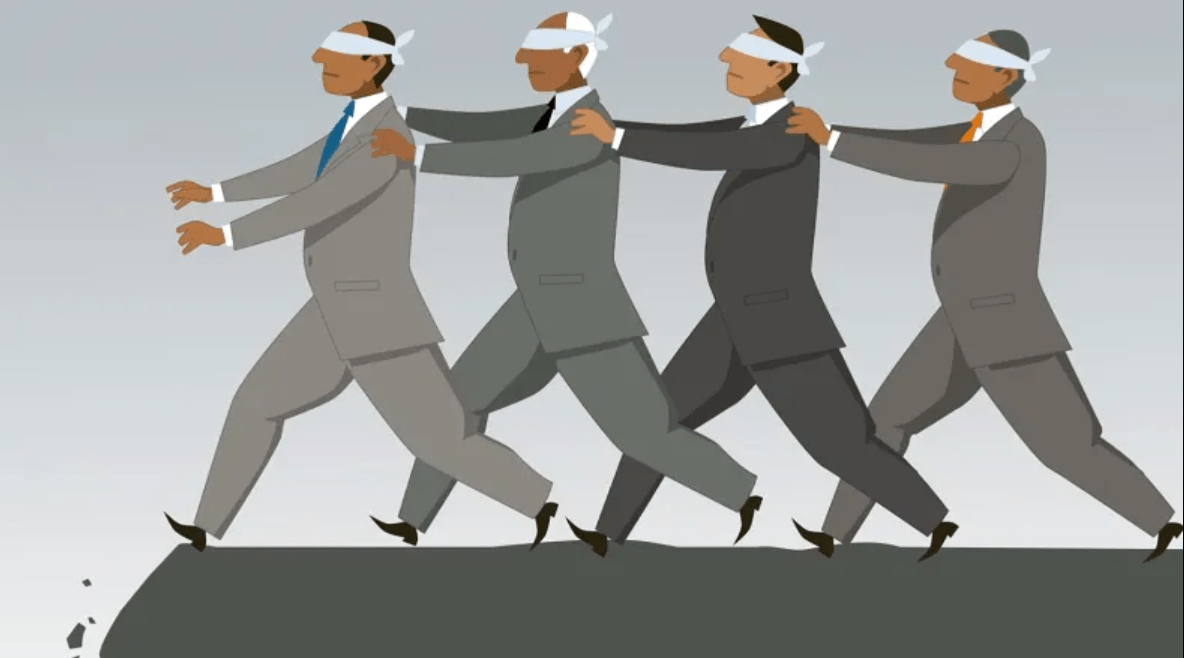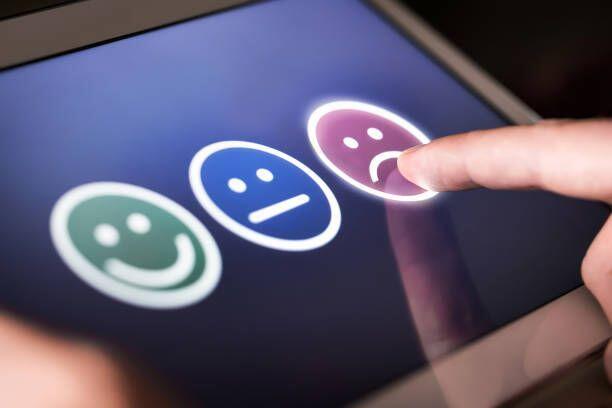What is Peer Thinking?
The cognitive and emotional processes that occur when individuals are influenced by their peers.
The psychology behind it:
The psychology behind peer influence encompasses various factors, including:
- Social belonging and acceptance,
- Identity formation,
- The dynamics of group behavior
Is it being used to control us?
IMO, yes, at the core of it is the basic human need for belonging. Social belonging is a critical component since it is craved by most, specially but not only by the youngest, those with power across the world know this very well, therefore, thinking that they will not use it to control the population in order to profit from it or change public opinion would be irrational.
The media is used to brain wash the population creating something that most will consider "the norm", thus, the majority will try to conform to that norm in order to belong. That include manipulating the population to take an experimental drug (even if it could be very dangerous due to its unknown effects) or to accept as a norm a behavior that few years back would have been considered inappropriate.
Cognitive Dissonance
This is a term that we should get familiar with. It is a psychological state where conflicting beliefs or behaviors create discomfort.
Example:
A kid in high school that has a good loving family but all his close friends are on drugs (legal ones) and they keep telling him he is an idiot for not using as well. Now his is that state of conflict believes, on one side his best friends, all tell him is okay, on the other hand his family that loves him has explained him at length the dangers and issues that the drugs will have in his life. To resolve the dissonance he has three options, one, join the group and start taking drugs with the rest, two try to rationalize it, considering to take drugs just occasionally to belong but not to make it a habit, three lose his friends (and here it comes again the peer thinking to bite). Extrapolate to many other cases.
As an anecdote
Recently, on a friend's reunion, one of the guest was complaining about one of his daughters, she was quite confused asking him why so many of her classmates were bisexual, she was wondering if something was wrong with her since she was not; a 13 year old girl; the father was having a hard time explaining her that the majority are saying so just to feel as part of what the school was teaching to be the norm, it was not cool to be straight, the tally was 37% of the class. Consider that, statistically, the number of people, “worldwide” identifying as bisexual are between 3% and 5% (less than 1% in less accepting countries), that number used to be less than 2% less than a decade ago. But 37% is far from the statistical norm, indicating a peer thinking behavior but not the reality of their sexual preferences. Once again, extrapolate to any ideology, religion, gender identity, political agenda that a country desires to push forward for whatever reason, adding that to the official school program and to federal mandatory training programs would do the trick.
A powerful tool, that can be used for good or bad.
What are the strategies to counter negative peer thinking?
Reading the literature about the subject, few strategies are recommended:
Self-Awareness: teaching ourselves and our children to recognize when we are being influenced by peers
Being selective with your friends: peers with similar values will reinforce positive behaviors
Learning to be assertive: teaching ourselves and our children to communicate assertively our boundaries will empower us and them to resist unwanted pressure to adopt negative behaviors.
Less judging more talking: this applies to our children and partners, judging less and listening more will make our beloved ones more open to discuss social pressures.
What do you think?
What strategies you use as counter measures?









